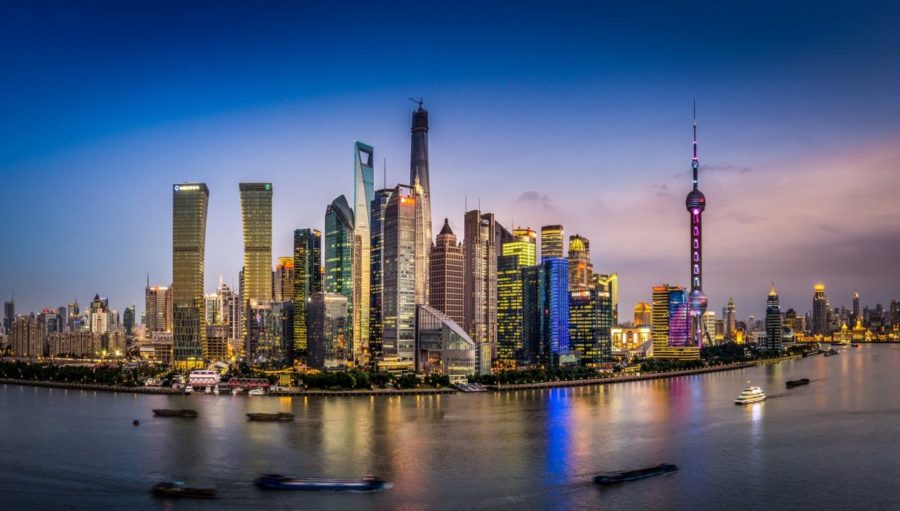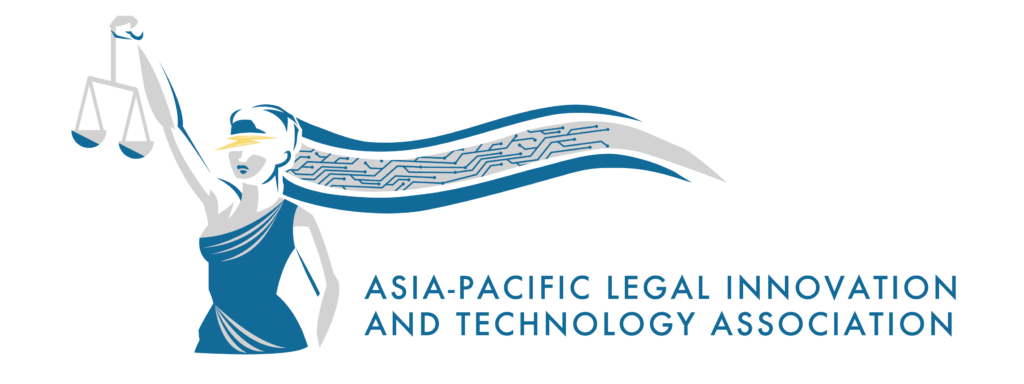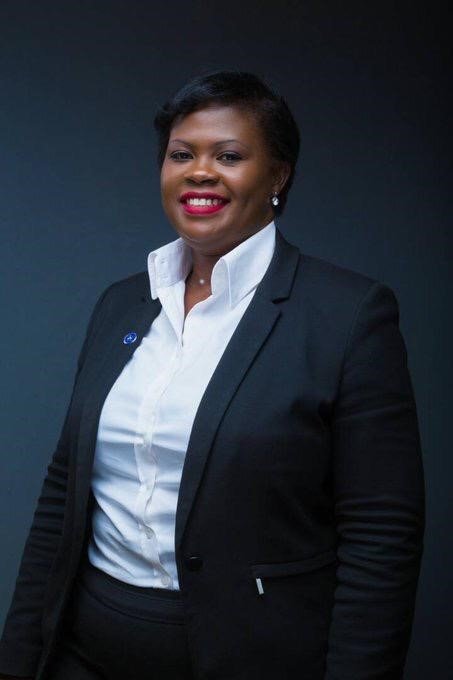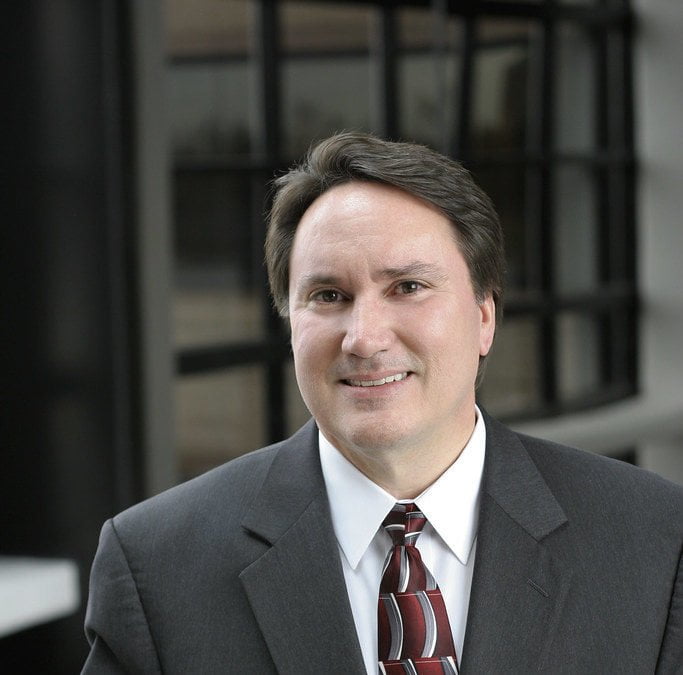Guest post by ASEAN LegalTech
The LegalTech segment has now moved into the mainstream consciousness of the legal market across Asia and in particular the South East Asian region. While the global LegalTech narrative is dominated by mature legal markets like Australia, Europe and the USA, there is no shortage of LegalTech startups building innovative solutions across the ten countries that compose the Association of South East Asian Nations (“ASEAN”).
ASEAN LegalTech (“ALT”) was formed in May 2019 with the aim of connecting LegalTech pioneers, thought leaders and enthusiasts to promote and build the LegalTech ecosystem in the South East Asian markets. One of ASEAN LegalTech’s goals is to provide a voice to the emerging market to inform discussions with regulators who are in the early stages of determining how to regulate LegalTech.






